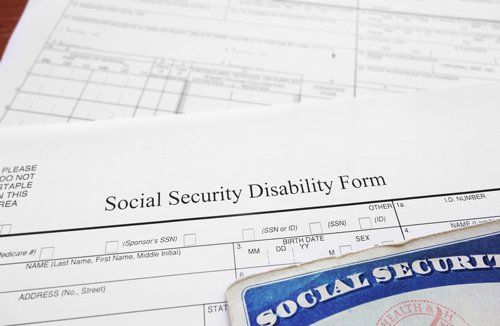
With the cost of private disability insurance seeming to rise every year, many employees rely on the availability of federal disability benefits in the event they suffer an injury or illness that prevents them from holding down gainful employment in the future.
Unfortunately, not all disabling accidents and illnesses occur after an employee has already garnered the necessary 40 work credits to qualify for Social Security Disability (SSD) benefits. Is there any recourse for young workers and their families after suffering an accident that results in disability or even death?
Read on to learn more about some of the eligibility leniency provided to those who find their careers suddenly and unexpectedly cut short at a young age, as well as the steps you'll want to take if you're trying to preserve your own Social Security benefits after a disabling accident.
Eligibility Options For Young Workers and Families
Generally speaking, workers will need to have amassed 40 "credits," or quarters of coverage, to become eligible for federal disability benefits under the Social Security Disability program. This means that few employees who are disabled or killed before they've hit their 10-year working anniversary would otherwise qualify for SSD benefits.
However, keeping in mind the tremendous difficulties that can be faced by young workers and their families who have just lost a near lifetime of earning potential, the Social Security Administration has relaxed its qualification rules for those who haven't yet spent much time in the workforce.
The number of credits needed to qualify for SSD can vary by age. In general, those who are disabled at age 31 or younger will need to have been employed for only half the amount of time that has passed since they turned 21. This means that someone disabled at age 29 would need to have amassed 4 years of work experience since their 21st birthday, while someone disabled at 23 would need only a year of work history in order to qualify for SSD benefits.
Even those who are over age 31 and who don't otherwise qualify for SSD benefits under these rules may have some recourse through the Supplemental Security Income (SSI) program. This program is designed to provide for basic living expenses for those who have never been able to hold down gainful employment due to disability or who have otherwise failed to accumulate the necessary number of credits to qualify for SSD.
SSI benefits are generally lower than SSD benefits, as they're designed only to cover basic living expenses like housing, utilities, and food. (In contrast, SSD benefits, like Social Security retirement benefits, are in part based on the length of the recipient's employment and their earning history--which means those who have earned high salaries or who have worked for decades before becoming disabled may receive close to their pre-disability salary in benefits.)
This means that it is almost always more beneficial to claim SSD benefits when eligible rather than to proceed under the SSI framework.
How To Proceed
If you've suffered an accident or illness that has left you unable to work, it's important to investigate all your options
, including your ability to qualify for federal disability benefits. Many young workers who haven't yet hit the decade mark at their previous employer may mistakenly assume they won't qualify for benefits, potentially leaving money on the table and compromising their family's financial future.
By evaluating your options with an attorney experienced in Social Security law, you'll be able to ensure you've opened every available door to set yourself and your family on a positive path, despite whatever setbacks you may have experienced along the way.






